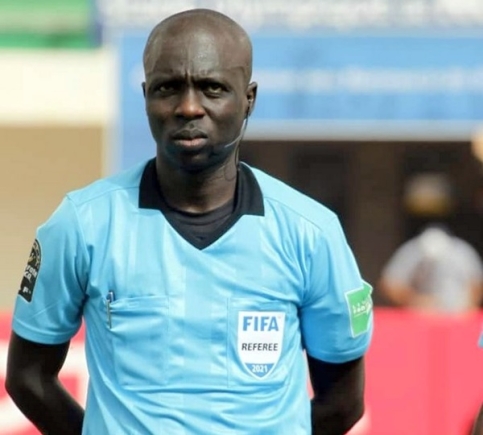Investing in the water and sanitation (WASH) sector in Africa is crucial to achieving the UN Sustainable Development Goal 6, which calls for universal access to clean water, sanitation and hygiene, the African Development Bank’s Acting Vice President for Agriculture, Human and Social Development, Wambui Gichuri, told a meeting of African finance ministers.
Some 50 African finance ministers attended the high-level virtual meeting held recently to discuss the crucial role of water, sanitation and hygiene to the African economy, people and environment, during and after COVID-19.
The meeting was convened by the Bank, together with Sanitation and Water for All (SWA), a global partnership committed to achieving universal access to potable water and adequate sanitation.
Gichuri told the ministers that investing in new systems provides job opportunities, especially for the young, and sets up a decades-long stream of future health, economic and social benefits.
She pointed that out the financing gap between the current state of WASH in Africa and what is needed to achieve the SDG6 remains huge.
“In Sub-Saharan Africa, the annual investment required to meet SDG6 has been estimated at $35 billion per year. In North Africa, the amount is $4 billion per year. This is many times more than what has historically been invested.
As part of the UN Water Global Assessment and Analysis of Sanitation and Drinking-Water Survey, a small sample indicated finance gaps of between 39% for urban water supply and 78% for rural water supply,” Gichuri said.
She said the pandemic had amplified these challenges, leading governments to introduce legislation to ensure that their people continue to access lifesaving water and practice handwashing. However, most African water utility service providers cannot collect payment for customer water usage, leading to further financial stresses and over-stretched resources.
Kevin Rudd, former Prime Minister of Australia and the current SWA High-level Chair, told the African finance ministers that WASH projects made for good politics at the local, regional, and national levels. “These are areas where you can deliver to local communities and it’s, therefore, a good news story for finance ministers, prime ministers, presidents, and sector ministers as they seek their reelection,” Rudd said.
Catarina de Albuquerque, SWA Chief Executive Officer, urged the finance ministers to create and maintain the necessary partnerships to guarantee investments and more intelligent investments in the water and sanitation sector.
As finance ministers, they are expected to provide solutions that would help Africa close the financing gap in water supply through a combination of measures, including maximizing the use of existing resources and mobilizing additional finance from taxes, tariffs and transfers, she added.
Gichuri reassured participants that the Bank would continue to prioritize the search for solutions to the WASH sector’s financing challenges. The African Development Bank invested around $6.2 billion in WASH services over the past decade and mobilized an estimated $150 million in climate finance from the Global Environmental Facility and the Green Climate Fund to co-finance water sector projects.
This investment has provided an estimated 52 million people access to improved water supply and sanitation services. Bank water sector investments aim to provide an additional 154 million people with the same, across Africa, with greater emphasis on private sector participation, as an option to sustainable management and financing of water services.
The Africa Finance Ministers’ Meeting is one of three regional gatherings organized by the Sanitation and Water for All partnership.
source: class fm







